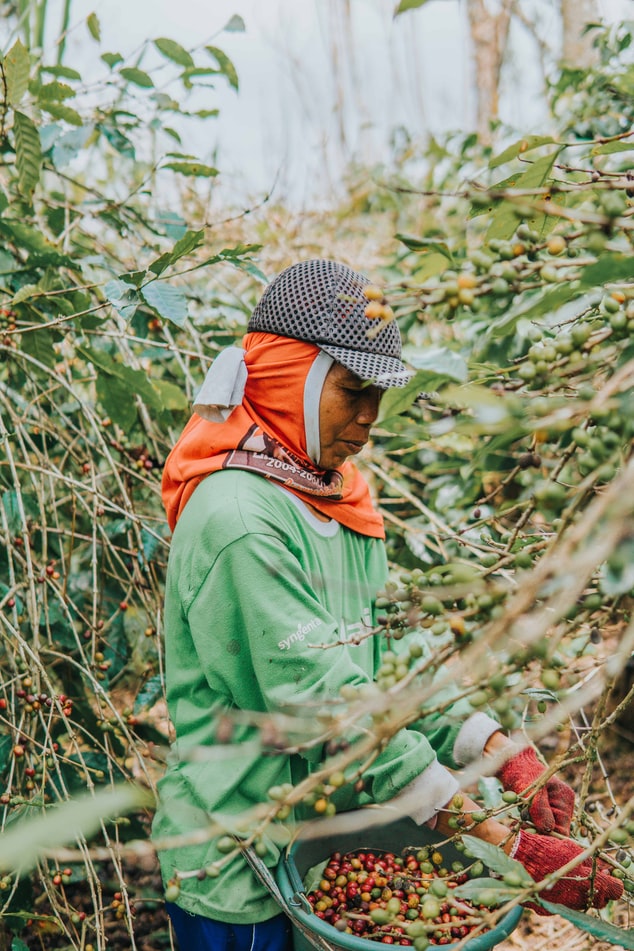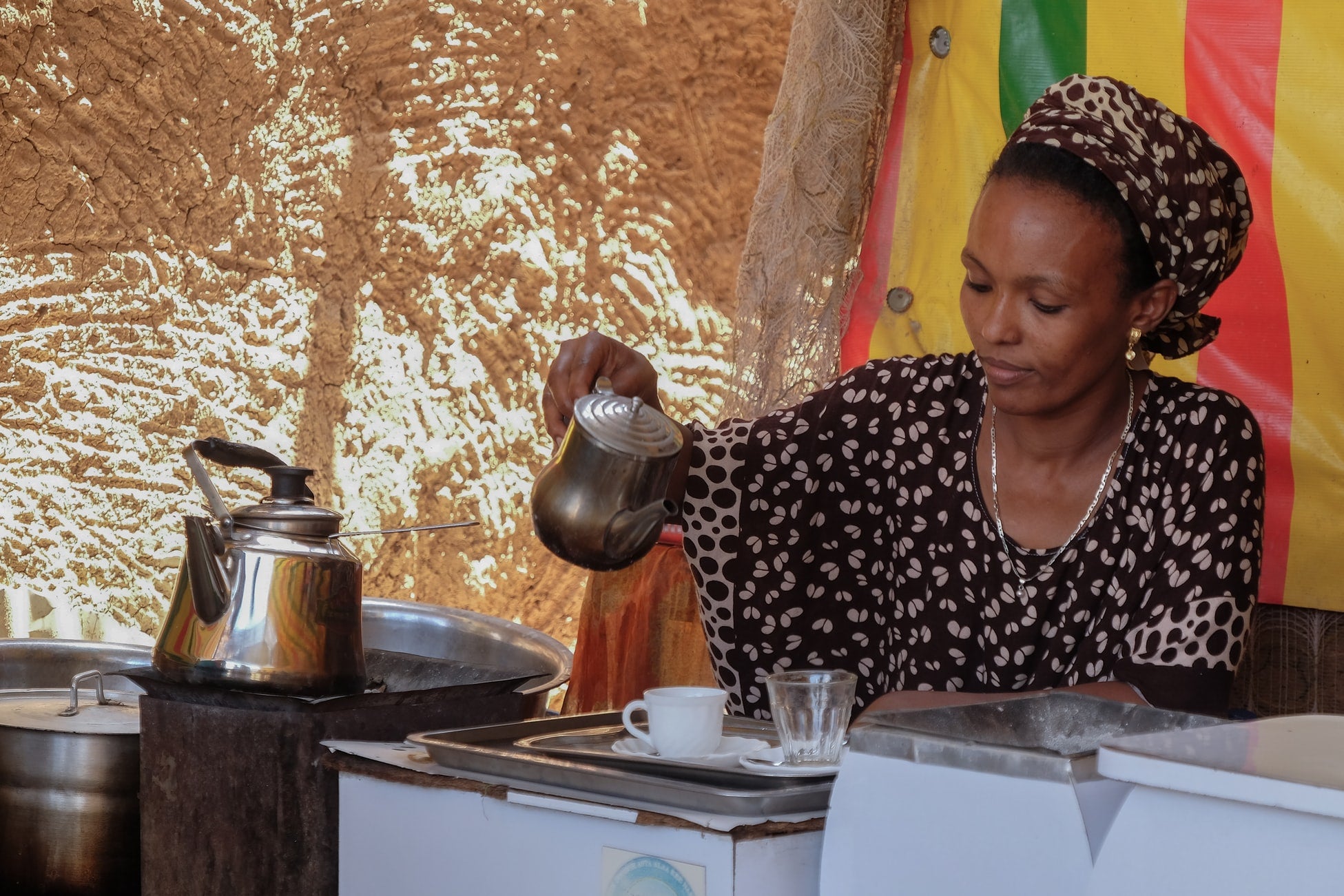Article: Is Fairtrade Coffee Really Fair?

Is Fairtrade Coffee Really Fair?
Is Fairtrade Coffee Really Fair?
Consumers love to buy coffee and other grocery products from far-away, exotic lands. However, it is often not known that most of the production is done by third-world labor for close-to-zero payment. The Fairtrade Coffee Movement is associated with the fight against worker poverty and the poor work environment by artificially increasing the products’ unit prices. The movement’s participants believe this will help bring fairness on the producer side of the balance in many industries, including coffee. Unfortunately, reports say otherwise.
Coffee Market Challenges
Coffee is one of the most vital links between the poorest and wealthiest countries. Hand-picked coffee beans grown on far-away farms are roasted in Europe and the US and are served in ceramic cups on picturesque towns’ main squares. It is no coincidence that drinking coffee has become the best-known symbol of inequalities between the northern and southern hemispheres.
According to the International Coffee Organization (ICO), the balance of power is unequal; producers have earned more and more revenue from their coffee over the past 25 years. Product export from developing countries has risen by 15% in the 2016/17 season. Unfortunately, the coffee sector had been negatively impacted even in the pre-COVID19 era due to decreasing unit prices, soil fertility and other challenges related to climate change, and the inability to transfer farmer experience to new generations.
There are considerable differences in producers’ incomes: In 2016, farmers received an average of $0.55 per kilogram of coffee beans in the Central African Republic, while more than $5 in Bolivia.
Fairtrade Coffee
Farmers and auxiliary laborers working in the fields will not get rich. Still, positive market effects and conscious buying have the power to reduce the income gap between producers and coffee traders. In 2016, more than 25% of coffee income went to farm owners from the average coffee price, shrinking the difference to a never-before-seen state compared to the last decade.
According to the UK Fair Trade Organization, the certification was brought to life in 1988 to protect Mexican farmers from the coffee market collapse. From 1988 to 2018, the UK’s overall Fairtrade coffee sales grew to an impressive 25% market share.
Committed to sustainable development in all areas, the movement aims to meet the most stringent human rights and environmental requirements with Fair Trade products. According to the organization, If you choose Fairtrade coffee, we also support coffee growers in growing better quality beans that can successfully cope with climate change’s adverse effects.
The Fairtrade trademark is the most widely known ethical rating trademark in the world. In 2017, the Fairtrade premium (added to the price if Fairtrade value sinks below the global average unit price) totaled 178 million EUR. More than 1.6 million producers and workers worldwide and 1,600 producer organizations in 75 countries are part of the Fairtrade network.
The essence of Fairtrade is that the trader and the other participants agree on an individual price, independent from the general market prices, considering the current economic, social, and ecological circumstances, and covers the farmers’ material and labor costs. In cases where the price of goods is determined by international conventions (such as coffee or cocoa), a minimum price is set, which is always aimed higher than the world market price.
|
Coffee Type |
Minimum Fairtrade Price (USD/pound) |
Fairtrade Premium |
|
Arabica (Natural) |
1.35 |
0.2 |
|
Arabica (Washed) |
1.4 |
0.2 |
|
Robusta (Natural) |
1.01 |
0.2 |
|
Robusta (Washed) |
1.05 |
0.2 |
(Source: https://www.fairtrade.net/standard/minimum-price-info)
Fairtrade Fairness Issues - Unbalanced Distribution of Profits
According to a 2018 study researching the effects of the Fairtrade certification on the Costa Rican coffee market, Fairtrade prices created benefits that were not evenly distributed among the production and export process participants.
For the time being, the weight of Fairtrade coffee in the total coffee trade is not significant enough; therefore, only Fairtrade landowners reap the benefits of this system. The system secured their profits. However, they were not forced or otherwise incentivized to increase the payments accordingly of those working on their lands.
Fairtrade Fairness Issues - Price Cap holds back Quality.
Although the Fairtrade Price is meant to serve as a minimum standard, in many cases, it acts as the price cap, as the market simply does not accept higher prices for Fairtrade coffee. This started a slow yet painful process of farmers sending only the lower quality products for certification, resulting in many high-quality importers and roasters focus on direct trade coffee instead.
Fairtrade Fairness Issues - Overall Quality Challenges
Although Fairtrade coffee is considered a specialty (the absolute highest standard for coffees), consumers expect an excellent product experience. Still, due to the price cap’s withholding effect, their quality expectations are often not met.
Fairtrade Fairness Issues - Problems with Data Consistency
In return for the certification and the minimum price, Fair Trade International asks for farm-level data from the landowners; however, due to widespread illiteracy, the necessary set of skills is often missing, resulting in unreliable data.
Fairtrade Fairness Issues - Low amount of FT in the Poorest Regions
The Fairtrade export derived from African countries, such as Kenya, Tanzania, and Ethiopia, is close to zero. The majority of FT export is focused on the South American coffee trader countries (Columbia and Brazil).
For everyone to do well, from production to consumption, unfortunately, remains a future goal. At its current state, only the dozens of operators, who all pack their profits on the products by the time it reaches consumers’ homes, can truly benefit from the Fairtrade process. Therefore all coffee market participants must put more effort into creating a healthy balance that serves even the smallest producers.
We, at Reveille Trading Company, partner with our coffee supplier farms for the long run and buy their products directly for genuinely fair prices (way above FT minimum). We decided to walk the extra mile and find the best farmers out there personally. We do our fair share by always minimizing intermediary companies from the trade process and let the small farms benefit from it. In return, we get great partnerships, and you, our fantastic customer, get the high-quality coffee you are looking for.
We are committed to transparency and if you wish to speak with us or some of the farmers that we work with to learn more about the benefits of our direct trade relationships, feel free to send us an email at support@reveille.io



